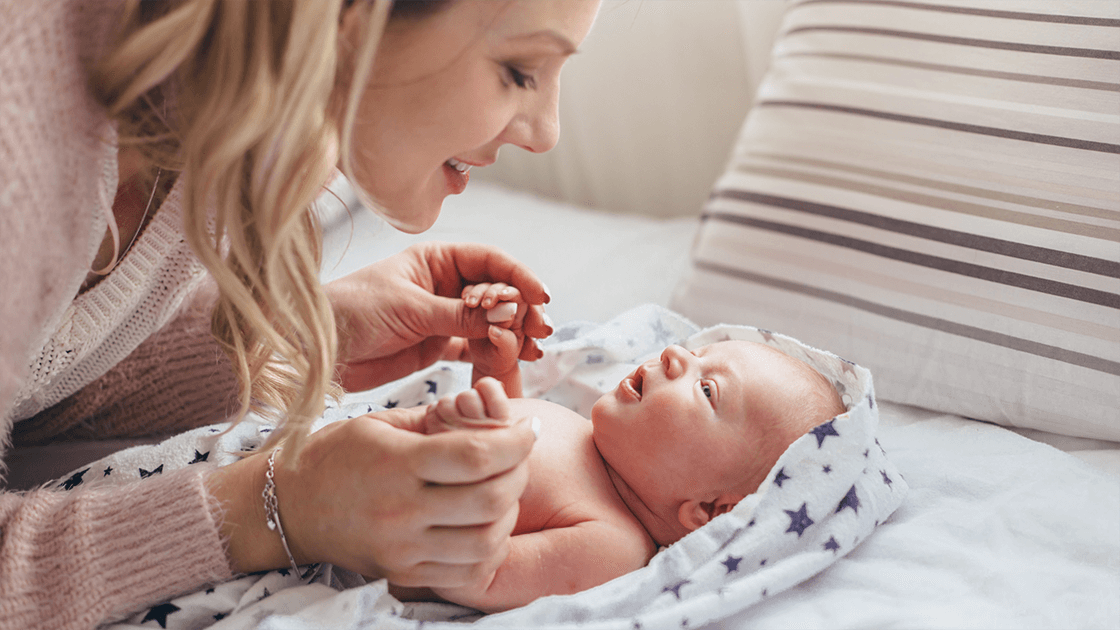
05 Apr Is This Normal? Common Newborn Behaviors That Might Surprise You
2 min. readBecoming a new parent comes with a lot of questions—especially when your baby does something unexpected. From funny faces to strange sounds, newborns have all kinds of behaviors that might catch you off guard. The good news? Most of them are completely normal.
Let’s break down a few common newborn habits that might surprise you—and why there’s usually no need to worry.
1. Sneezing a Lot
It may seem like your baby is sneezing constantly, but that doesn’t mean they’re sick. Newborns have tiny nasal passages and are very sensitive to dust or light. Sneezing is just their way of clearing their nose. As long as there’s no fever or other cold symptoms, it’s usually nothing to worry about.
2. Hiccups After Feeding
Hiccups are very common in newborns—especially after eating. Their little stomachs are still getting used to feeding, and hiccups are just part of that process. They may look uncomfortable, but hiccups usually don’t bother babies and often stop on their own.
3. Grunting, Gurgling, and Strange Noises
Newborns make all kinds of sounds, especially while sleeping or eating. You might hear grunts, sighs, squeaks, or even little snores. Most of these sounds are caused by normal digestion or light sleep. If your baby is breathing well and feeding normally, there’s usually no need for concern.
4. Jerky Movements and Startle Reflexes
Does your baby suddenly throw their arms out while sleeping? This is called the Moro reflex, or startle reflex, and it’s completely normal. Their nervous system is still developing, and this reflex usually goes away by around 4 months of age.
5. Crossing Their Eyes
You might notice your newborn’s eyes crossing or drifting apart, especially during the first few weeks. This happens because their eye muscles are still strengthening. Most babies gain better eye control by 2 to 3 months of age.
6. Poop That Changes Daily
From mustard yellow to green and everything in between, newborn poop can vary quite a bit—especially in the first few weeks. Color, texture, and frequency may change depending on whether your baby is breastfed or formula-fed. If you’re ever unsure, talk to your pediatrician, but most changes are completely normal.
When to Call the Pediatrician
Even though these behaviors are common, trust your instincts. Call your pediatrician if your newborn has:
- A fever over 100.4°F
- Difficulty breathing
- Feeding problems or poor weight gain
- Vomiting (not just spit-up)
- Yellowing of the skin or eyes
We’re Here for Your Questions
It’s completely normal to feel unsure about what’s normal. We’re here to help!
Have questions about your newborn’s behavior? Schedule a visit with our pediatric team today and get peace of mind from experts who care.

